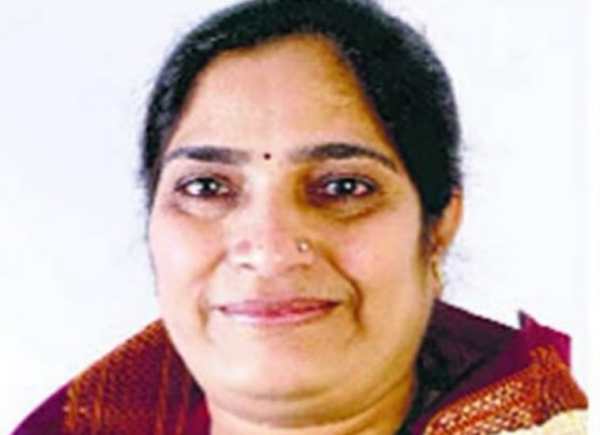[ad_1]
Women corporators of Pimpri-Chinchwad Municipal Corporation (PCMC) have a lot to ponder upon, especially their tenure in the last four years. Of 64 women corporators, hardly four or five of them actively raised their voices on issues concerning the general public.
Many remained aloof and fought shy of even speak in civic general body meetings. Among the women corporators who aggressively fought for basic amenities for residents or openly decrying the wrong-happenings in the civic functioning or hauling up lax officialdom, include the likes of Seema Savale, Aasha Shendge, Mangala Kadam, Usha Waghere, Jayshree Gawde, Maya Barne and Sujata Palande. Even Mayor Usha Dhore was seen taking up public causes earnestly.
However, a majority of the women corporators either stayed away from PCMC headquarters, civic general body meetings or were heard actively participating in debates on public issues.
 Former mayor Mangala Kadam, who is an NCP corporator, however blamed the ruling BJP for women corporators remaining in the background. “When NCP ruled PCMC, we ensured that we gave proper training to new women corporators (Express Photo )
Former mayor Mangala Kadam, who is an NCP corporator, however blamed the ruling BJP for women corporators remaining in the background. “When NCP ruled PCMC, we ensured that we gave proper training to new women corporators (Express Photo )
BJP corporator Seema Savale got to serve as standing committee chairperson during her tenure. The BJP choose her for the coveted post as she was thought to be the “most knowledgeable and aggressive corporators.”
Speaking to The Indian Express on the eve of International Women’s Day, Savale said, “It is a harsh fact that women corporators were not forthcoming. Though people elected them, they were not seen coming forward and fighting for the people,” adding, “If you don’t spent time understanding the subject, how will raise it in the civic general body meetings so that officials take note?”
In last four years, Savale said women corporators lost a good opportunity to prove their mettle by taking up citizens’ issues. “Nothing is lost yet. There is time till February. They can come forward and aggressively fight for citizens or else they will have to suffer the consequences in the next elections. I am sure when the new House is convened, many may not find themselves in,” she said.
– Stay updated with the latest Pune news. Follow Express Pune on Twitter here and on Facebook here. You can also join our Express Pune Telegram channel here.
Former mayor Mangala Kadam, who is an NCP corporator, however blamed the ruling BJP for women corporators remaining in the background. “When NCP ruled PCMC, we ensured that we gave proper training to new women corporators. This helped them gain confidence and raise issues in a civic general body meeting. During the current regime, no training was given, neither was any effort made to encourage women corporators to raise issues.”
What is deplorable, said Kadam, is the ruling BJP did not allow civic general body meetings to function properly. “There was chaos. In such a scenario, how do you expect first-time women corporators to hold forth with their viewpoints. The BJP didn’t conduct debates properly. Most of the time, budget meetings were wound up quickly. Compared to PMC, where budget meetings are held for days, in PCMC they are wound up quickly, giving no time for the corporators to debate,” she alleged.
Pointing out how the ruling party functioned, Kadam claimed, “Corporators were given a booklet on environment a day before the GB meet. How do you expect corporators, including women, to make sense of what is going wrong with the environment? They hardly gave us any time to study and speak on such a crucial issue,” Kadam said.
Mayor Usha Dhore, however, said, “Because of the pandemic, one whole year was lost. We held GB meetings online, where the participation of members was less. So, we cannot blame women corporators…the conditions were not up to the mark.” The mayor said it is true that for three years, many women did not come to the forefront. “We keep encouraging women corporators to study a subject, prepare on it and speak about it in civic meets…However, not many take the effort or initiative. But a few make themselves heard very well,” she said.
Savale claimed many women actually become corporators as they were forced to fight civic elections against their will. “If a seat becomes reserved for women, a man ensures his wife fights the election, though she is not interested. That way, he rules by proxy. Because of this forced entry of women in politics, they remain aloof and fight shy of taking up public issues,” she added.
[ad_2]
Source link